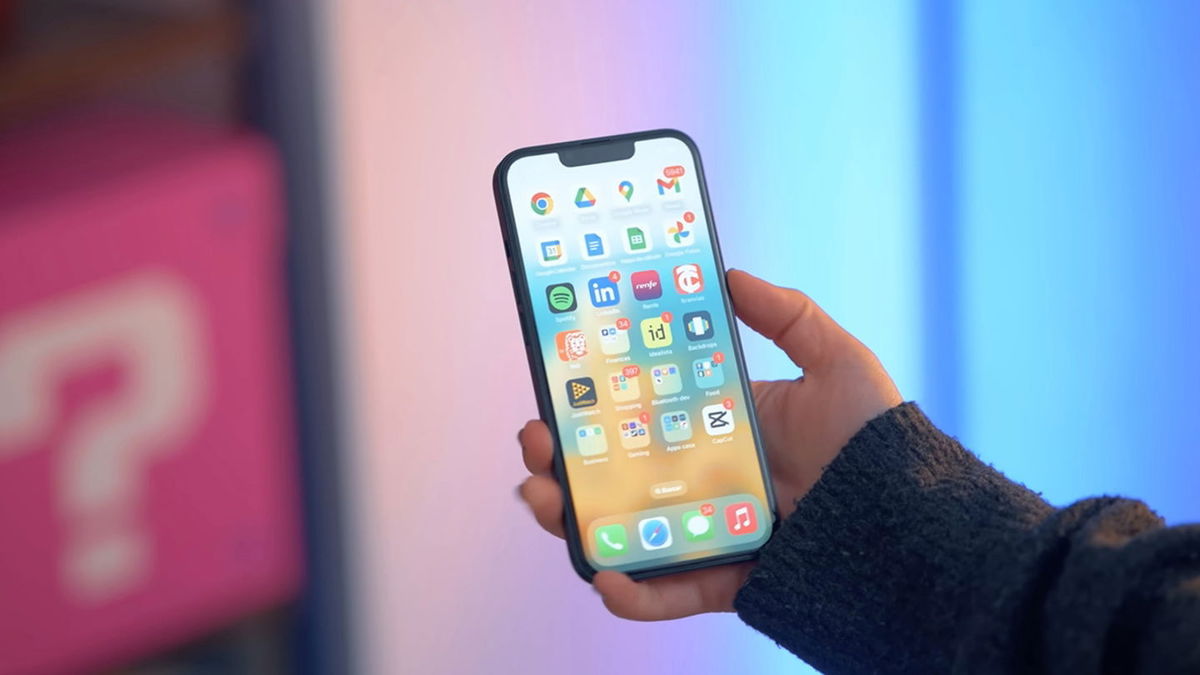Scientists from Skoltech have proposed a new explanation for the role of ethylene carbonate, a key component of electrolytes in lithium-ion batteries. Chemists have found that this element not only makes batteries more efficient, but also protects graphite anodes from corrosion during their production. Skoltech press service emphasized that the discovery could make electrolytes in batteries safer and more durable.
Originally, lithium-ion batteries used propylene carbonate (PC), which interacts well with lithium but has a negative effect on graphite anodes, causing corrosion. Replacing it with ethylene carbonate (EC) solved this problem, but for a long time scientists could not understand why EC worked differently. In a new study, Skoltech experts Sergei Luchkin and Egor Pazhetnov suggested that in the presence of EC, a thin layer of viscous liquid is formed on the graphite surface, protecting the anode from destruction. Subsequent experiments confirmed this assumption and showed that this protective layer was formed only with EC and was not present when PC was used.
The researchers believe that this discovery will have practical implications not only for lithium-ion batteries, but also for newer sodium and potassium-ion batteries, where the problem of creating a protective layer is also involved. The scientists are confident that their discovery will help better understand how the composition of the electrolyte affects the interaction with the anode, which could accelerate the development of more stable batteries.
Source: Ferra
I am a professional journalist and content creator with extensive experience writing for news websites. I currently work as an author at Gadget Onus, where I specialize in covering hot news topics. My written pieces have been published on some of the biggest media outlets around the world, including The Guardian and BBC News.










